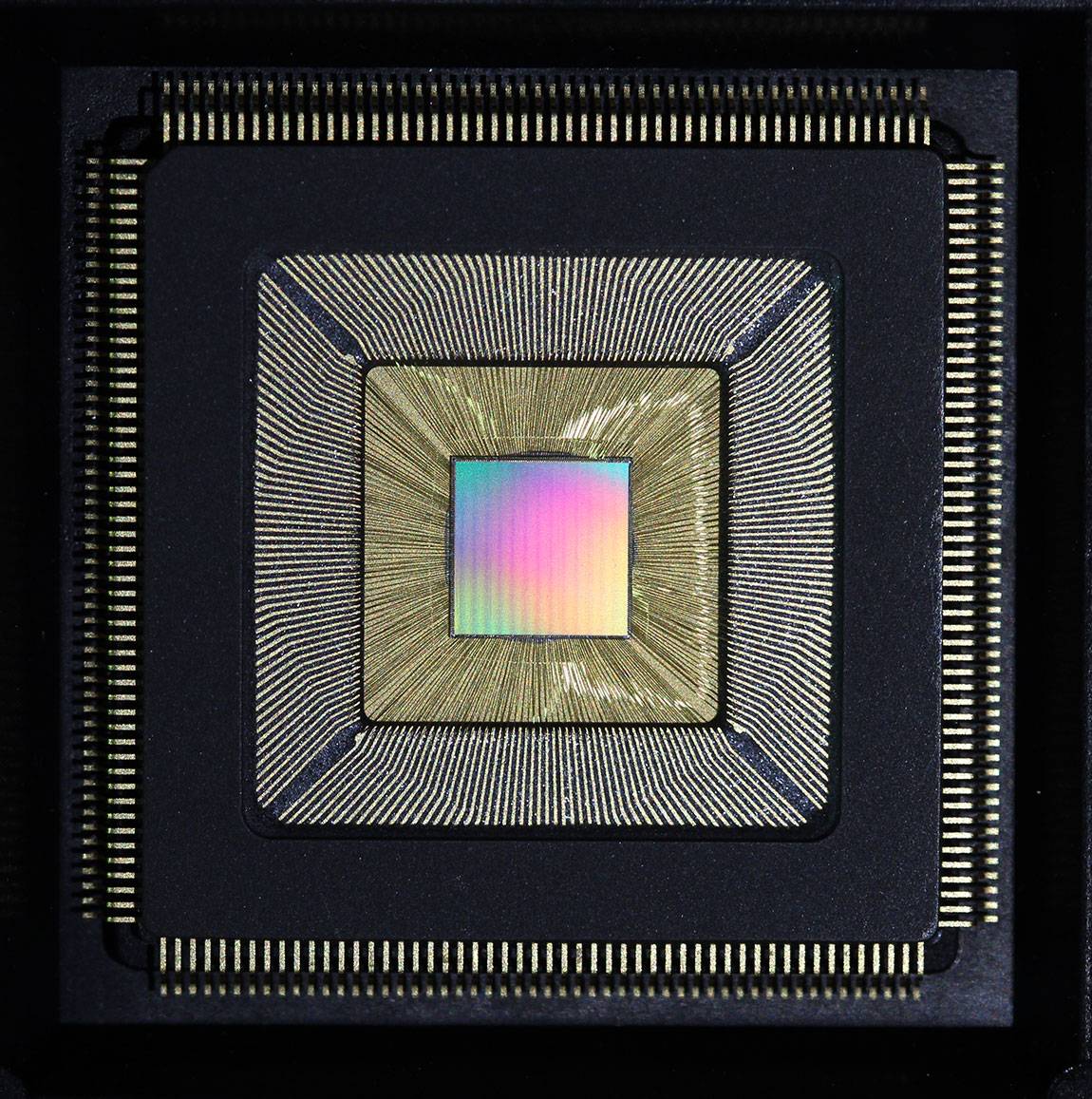
In recent years, China's rapid technological advancements have sparked curiosity and debate worldwide. One crucial aspect of this progress is China's chip technology. This article aims to delve into the current state of chip technology in China, exploring its growth, challenges, and potential implications for the global tech industry.
- Historical Perspective:
To understand China's chip technology landscape, it is essential to examine its historical development. Initially, China relied heavily on imported chips, leading to concerns about technological dependence. However, recognizing the significance of chip technology, China embarked on an ambitious journey to achieve self-sufficiency. - Government Initiatives and Investments:
China's government has played a pivotal role in fostering chip technology growth. Through initiatives like the National Integrated Circuit Industry Development Guidelines, substantial investments have been made to bolster research, development, and manufacturing capabilities. These efforts have resulted in the establishment of cutting-edge chip fabrication plants and the cultivation of a skilled workforce. - Technological Advancements:
China's chip technology has witnessed remarkable advancements in recent years. From the development of advanced semiconductor materials to the creation of high-performance chips for artificial intelligence (AI) applications, Chinese companies have made significant strides. Notably, companies like Huawei, SMIC, and Tsinghua Unigroup have emerged as key players in the global chip market. - Challenges and Opportunities:
Despite the progress, China's chip technology still faces challenges. Intellectual property concerns, technological gaps, and the need for further innovation remain significant hurdles. However, these challenges also present opportunities for collaboration and knowledge exchange between China and other global tech leaders. By addressing these obstacles, China can unlock its full potential and contribute to the global chip ecosystem. - Implications for the Global Tech Industry:
China's rise in chip technology has far-reaching implications for the global tech industry. As China strengthens its capabilities, it may disrupt the existing market dynamics, challenging the dominance of traditional chip manufacturers. Additionally, China's advancements in AI chips and 5G technology have the potential to reshape industries such as autonomous vehicles, smart cities, and healthcare.
Conclusion:
In conclusion, China's chip technology has evolved from a position of reliance to one of innovation and competitiveness. Through strategic government initiatives, technological advancements, and investments, China has made significant progress in this critical field. While challenges persist, the potential implications for the global tech industry are immense. As China continues to develop its chip technology, the world eagerly awaits the transformative impact it will have on various sectors, propelling us into a new era of technological innovation.

